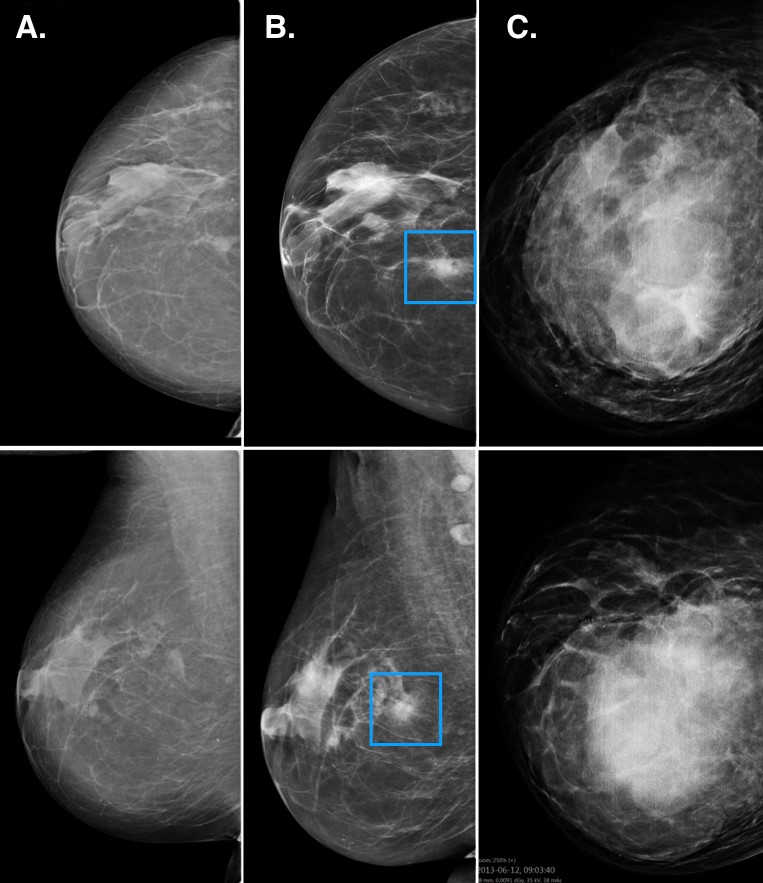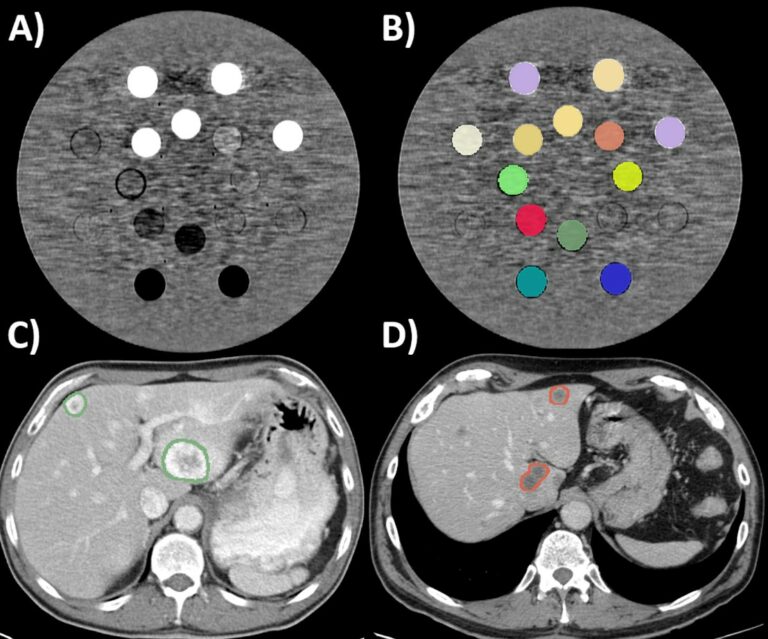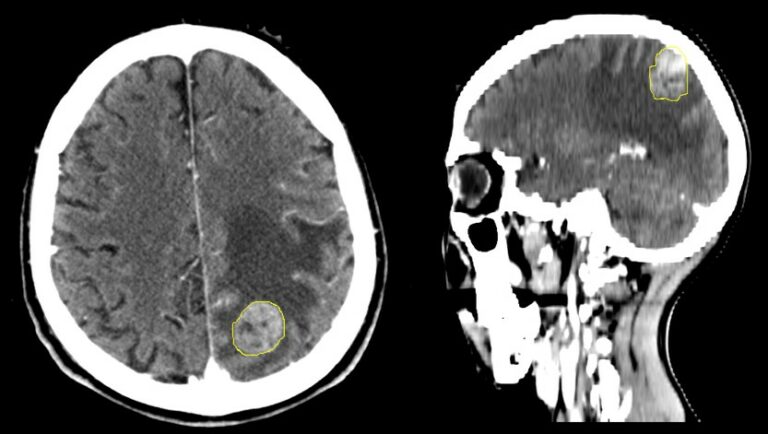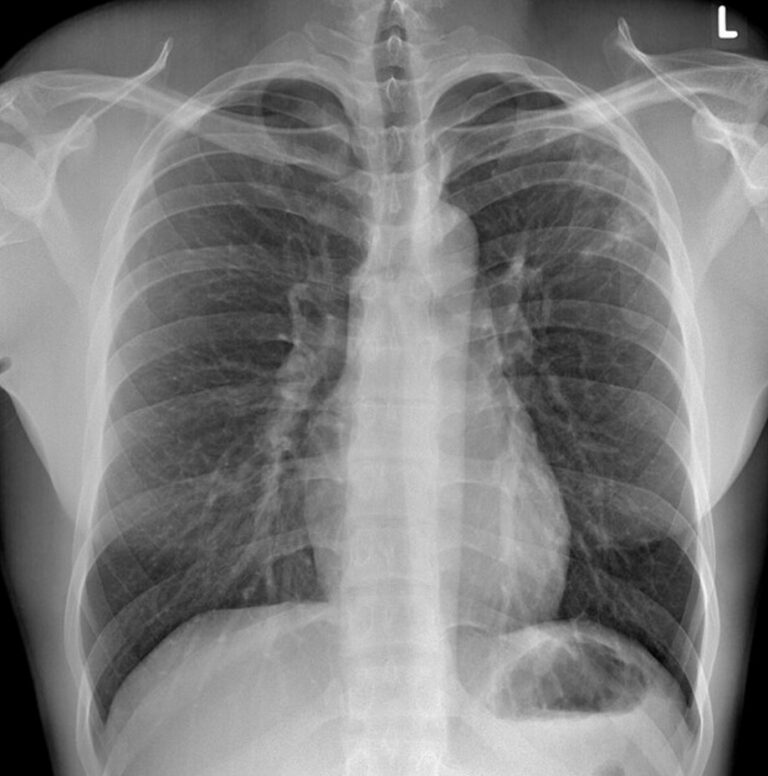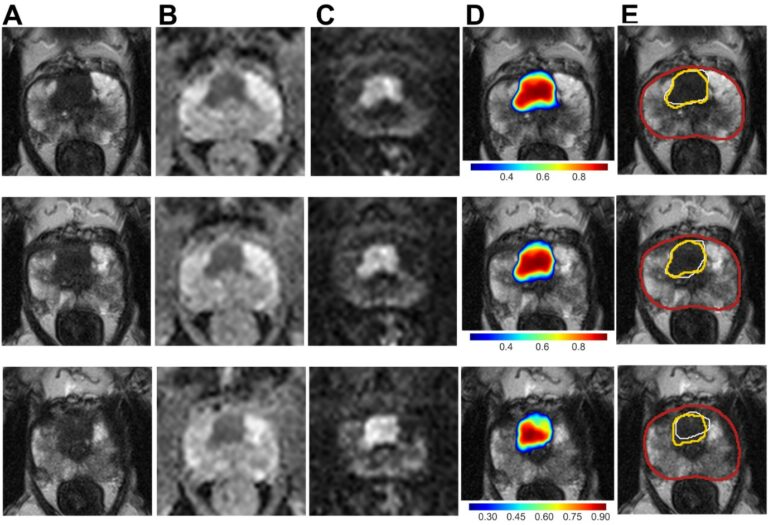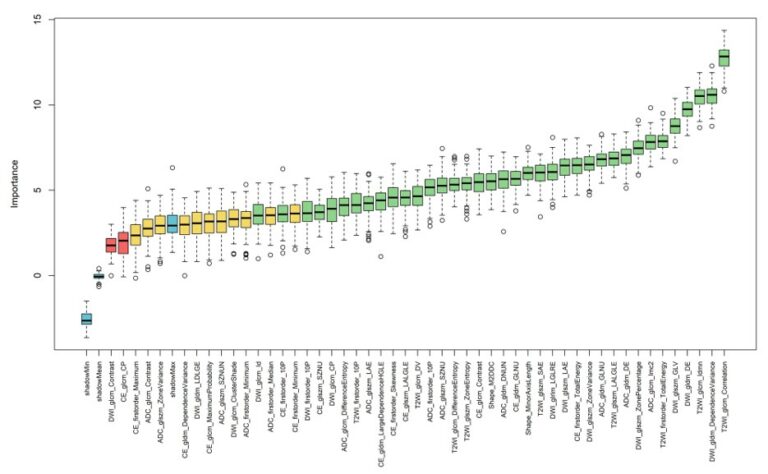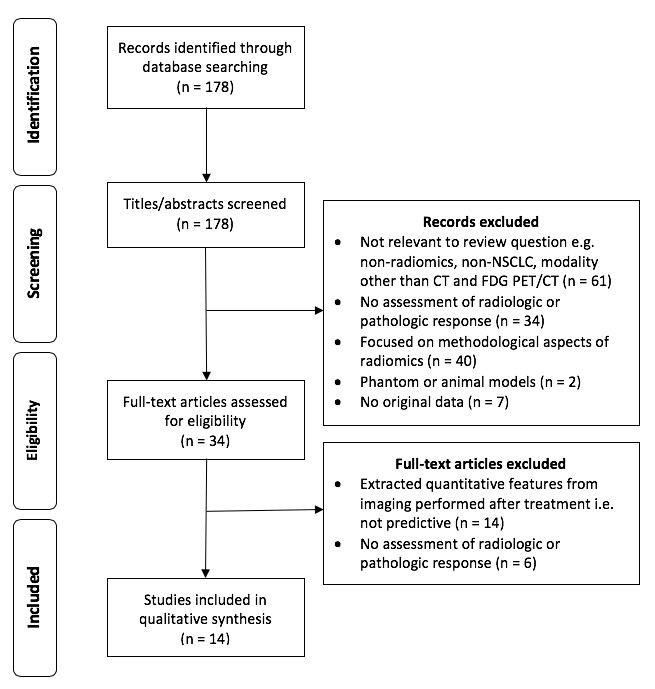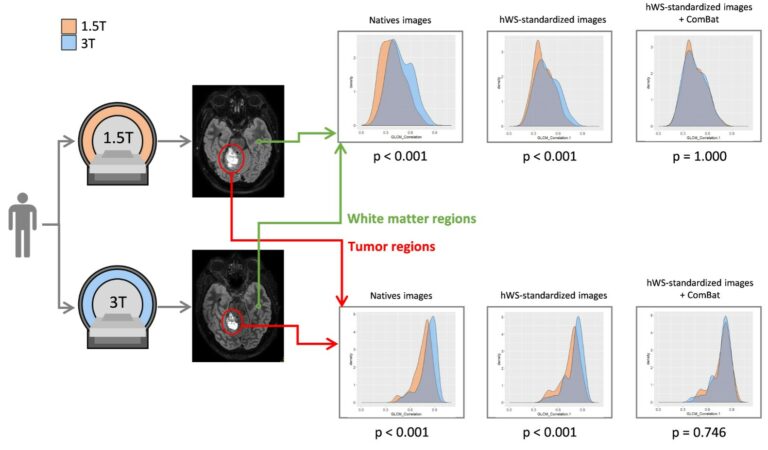
How can we combat multicenter variability in MR radiomics? Validation of a correction procedure
In this study, the authors extended the ComBat approach to provide a harmonization procedure that is applicable to any radiomic feature. They achieve this by combining image standardization with ComBat realignment, thus demonstrating that this could efficiently remove the scanner/protocol effect while preserving the individual variations in phantom, brain, and prostate MR scans. Key points Radiomic feature values obtained using










